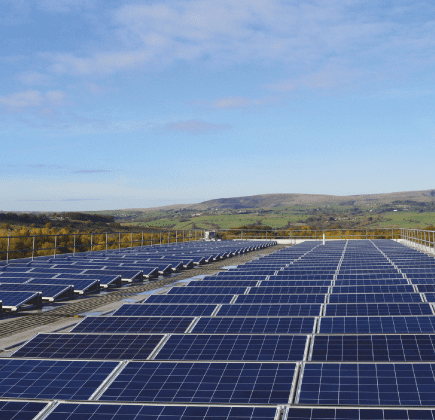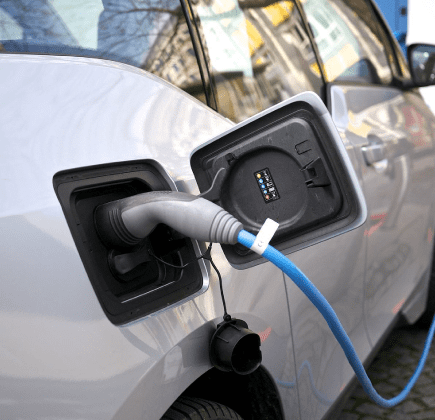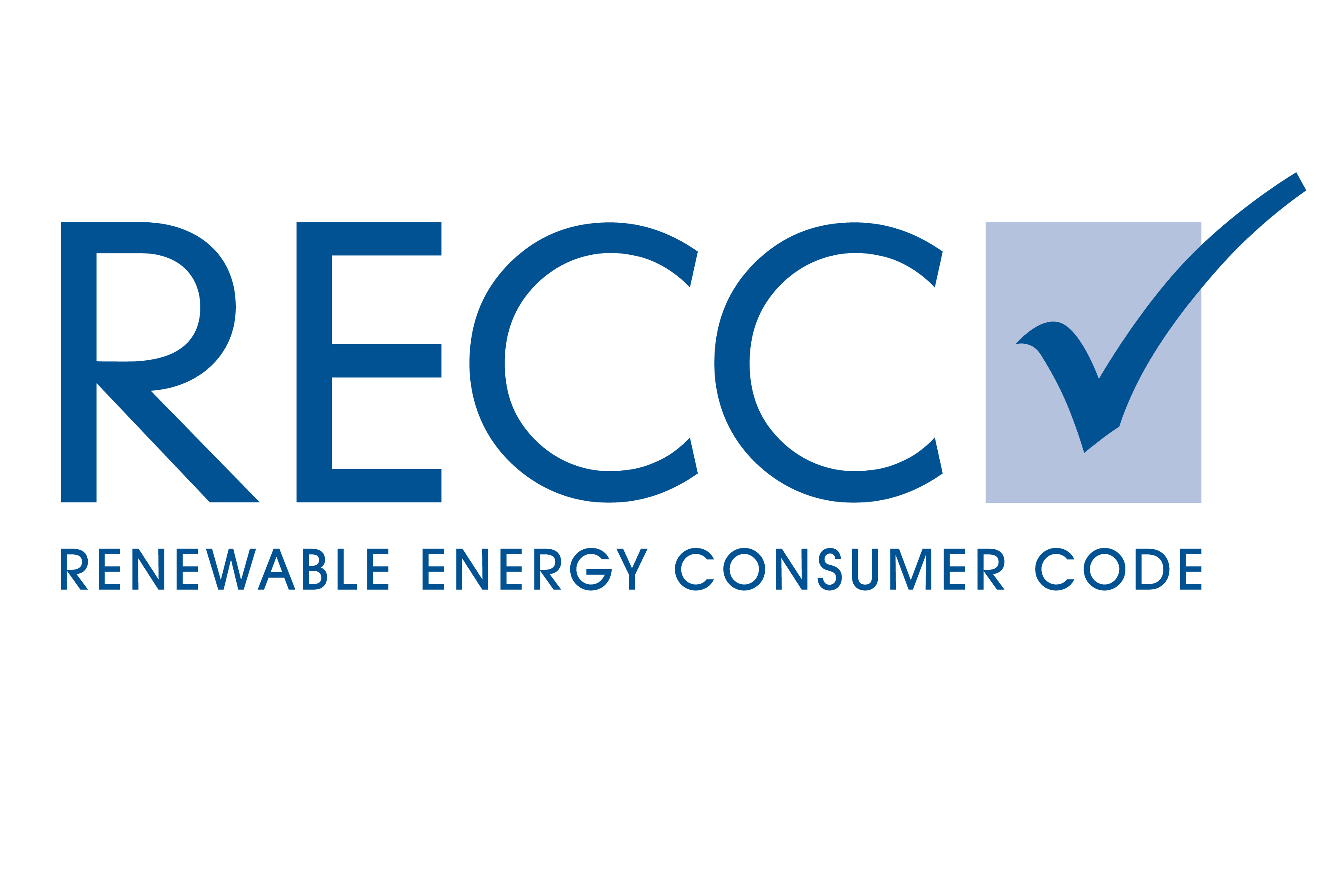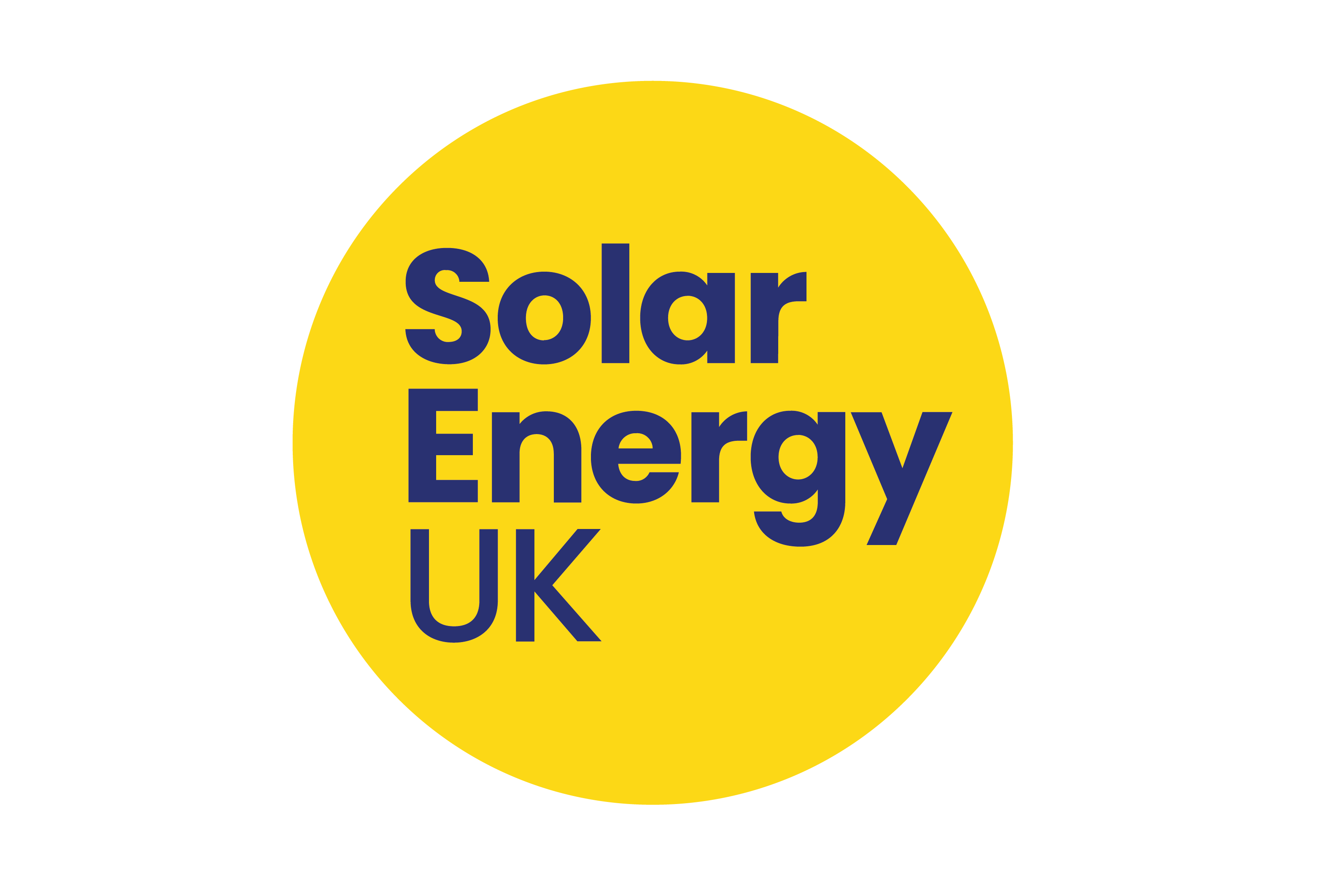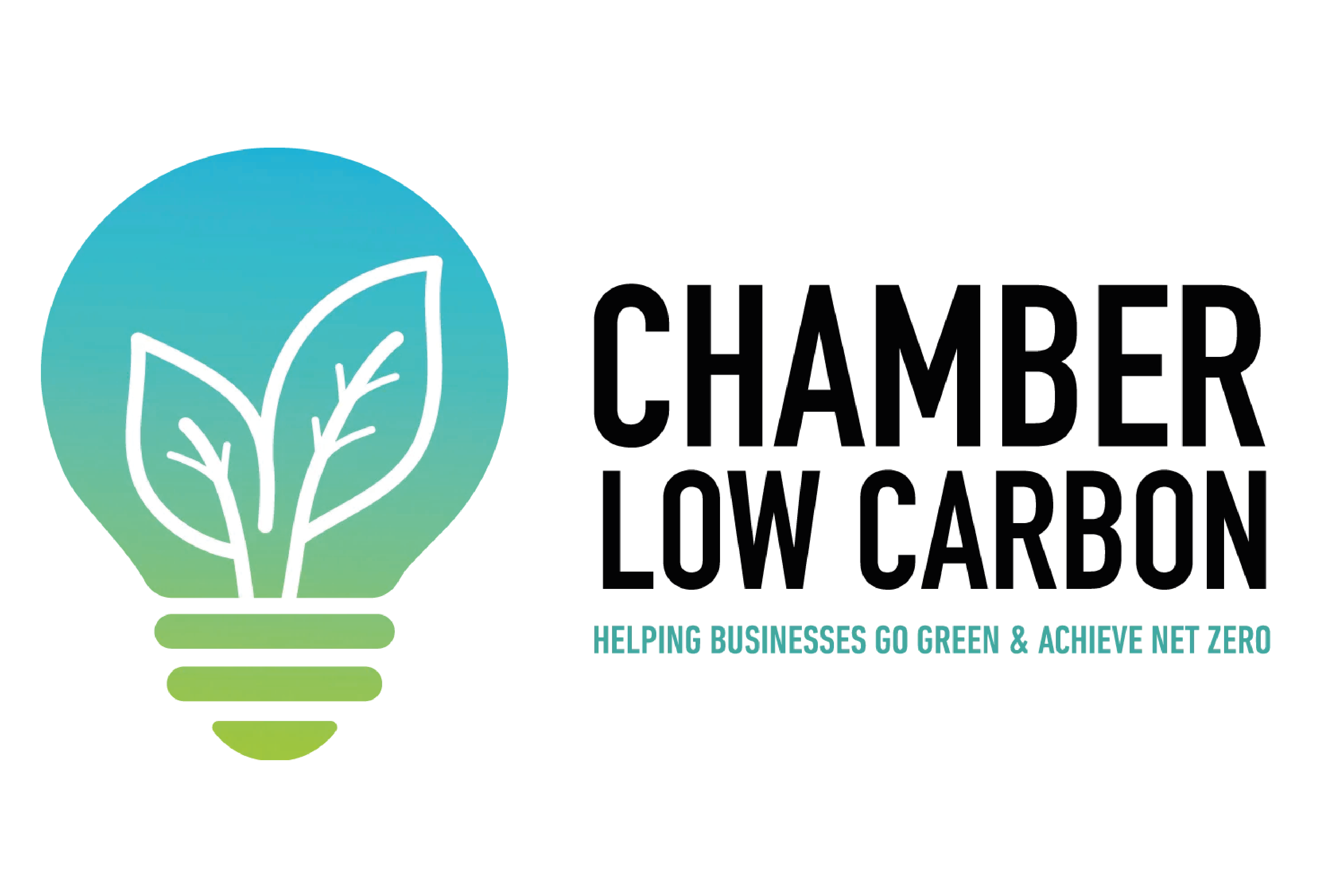
The Greatest Milestones Of 2016: The Rise Of Renewable Energy
Though 2016 was a rocky year politically, with elections, referendums and celebrity deaths dominating the headlines, it was also a year of fantastic and often underreported milestones in the energy industry. From the closure of fossil fuel plants to the increasing viability of renewable energy options, it seems like last year definitely wasn’t all bad news after all.
Britain’s Coal Plants Are Closing
In the run up to the international climate talks in Paris last year, the UK government pledged to close all coal plants in the country by 2025, replacing coal with other sources of energy in order to continue meeting climate change commitments. In the meantime, further options are being considered for application to existing plants, such as applying emissions limits or setting a specific limit on running hours from 2023. The Department of Business, Energy and Industrial Strategy is spearheading the changes, and is currently consulting on two options to forcibly effect these changes if necessary by 2025. However, many industry experts expect that due to the continuing decline in demand for coal, the final plants are likely to close by 2022 anyway – three years before the deadline. Environmental scientists are applauding the changes, while also calling for the deadline to be brought forward in light of the circumstances.
Renewable Energies Are Closing The Gap
The government has always maintained that the phase-out of coal is dependent on the continuing security of electricity supply. In other words, there must be alternatives already in place by the time coal bows out. But it doesn’t look like there will be a problem there – 2016 saw a unparalleled growth in renewable power, and Christmas Day in particular saw a record-breaking growth in the amount of electricity being supplied by windfarms and biomass power plants. In fact, wind supplied more the UK with more energy last year than coal did (11.5% compared with 9.2%).
The rise of renewables seems like a trend that’s set to continue. Generally, electricity generation from coal has been declining since a peak in 2012. A mere three years ago in 2014, coal demand fell to record lows not seen since the birth of the industrial revolution, and it’s continued falling steadily since then, as demand fell by another fifth in 2015. Not only was 2016’s coal production down 80% compared to 2012, but last year was also the first year that coal-generated energy fell below 10% since electricity started being generated for the grid all the way back in the 19th century. Meanwhile, across six months from April to September last year, solar generated also more electricity than coal did over that same period.
So What Does This Mean For Us?
It doesn’t take a particular enthusiasm for environmental causes to understand how renewable energies will benefit the entire planet. They vastly cut down on emissions that have both human and environmental costs, as well as delivering a more reliable and perpetual energy supply. They bring economic benefits too, by stabilising energy prices and providing jobs in cleaner, more energy-efficient environments.
Find out how renewable solar energy is already providing tangible benefits businesses and institutions just like yours by having a look at our case studies, or browse our versatile range of solar panels.
Don’t forget to follow us: @LowCarbonEnCo
 Energy Technology
Energy Technology

Powering your present. Preserving your future.
Call us on 01282 421 489

strategy be a priority?

